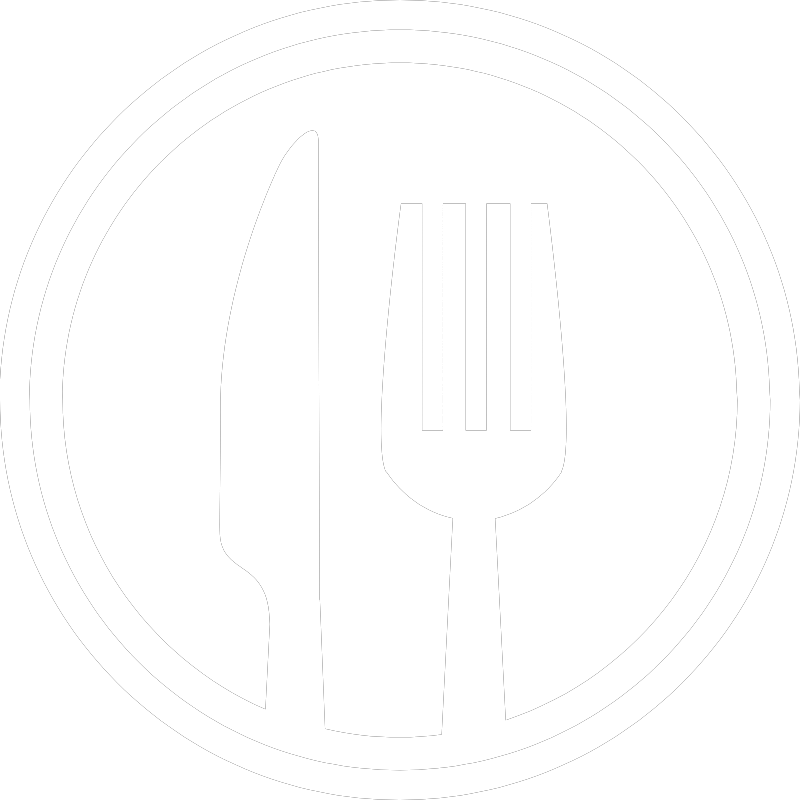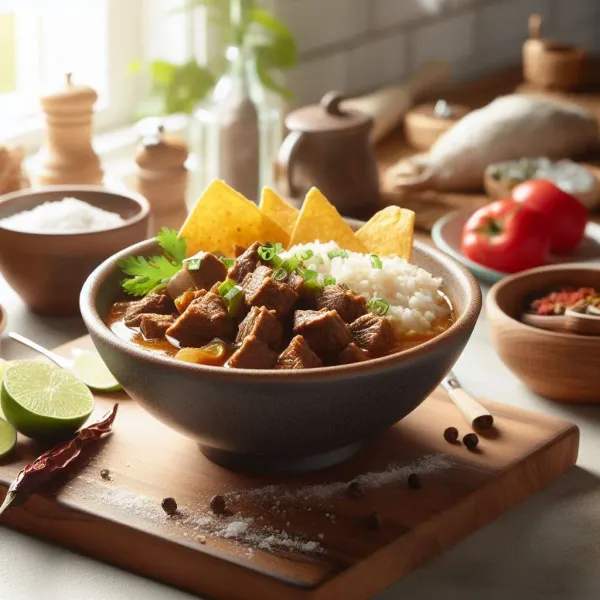How Chefs in the Culinary Industry Learn About Food Science
Food science is an integral part of the culinary industry. It’s the study of how food and its components interact with each other and how food reacts to different situations. Understanding food science can provide chefs with a better understanding of why what they’re doing works, giving them greater flexibility to substitute ingredients, invent new recipes, create fusion cuisine, and adjust recipes for allergy and religious dietary needs. So, how do chefs in the culinary industry learn about food science? Let’s explore.
Formal Education
Many chefs start their journey in culinary schools, where they receive in-depth formal training on the art and science of cooking. Culinary science, a unique blend of culinary arts and food science, is often a part of the curriculum. Students not only learn a variety of important cooking techniques through first-hand experience in the kitchen, but they are also taught about the science of food. This allows them to create food products to meet the needs of consumers.
Some chefs even return to school to pursue advanced degrees in food science after starting out cooking in restaurants. This rare breed of professional is able to offer the creativity of a chef with the methodical and analytical mind of a scientist.
Self-Study and Continuous Learning
Chefs often turn to books that focus on topics like flavor development and modern cooking techniques. For example, “The Flavor Bible” exposes chefs to often overlooked ingredient pairings, and “Modernist Cuisine” explains the science behind processes such as caramelizing meat and creating foams.
Online resources also provide a wealth of information. Websites, blogs, and online courses offer opportunities for chefs to learn more about food science at their own pace. See more below.
On-the-Job Training
Practical experience in the kitchen also plays a crucial role. Chefs learn a great deal about food science simply by cooking, experimenting, and observing the results. Over time, they develop an intuitive understanding of how ingredients interact, how cooking methods affect food, and how to manipulate these factors to achieve the desired result.
The Future of Food Science in Culinary Arts
One area where food science and food services have melded is in molecular gastronomy. This type of food preparation and design started out as a fad but quickly became a regular part of the mainstream food scene. Recipes such as liquid nitrogen ice cream have made mixing food preparation with unusual methods and ingredients much more acceptable to many diners.
In conclusion, chefs in the culinary industry learn about food science through a combination of formal education, self-study, continuous learning, and practical experience. As the culinary world continues to evolve, the importance of understanding food science only grows. It equips chefs with the knowledge and skills needed to innovate, adapt, and excel in their craft. Whether it’s creating a new recipe, improving an old one, or understanding why a particular ingredient behaves the way it does, food science is at the heart of it all.
More information
If you're interested in pursuing culinary mastery, Harvard university offers a free online course named "Science & Cooking: From Haute Cuisine to Soft Matter Science" which explains the science behind recipes.





